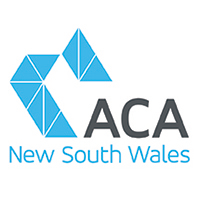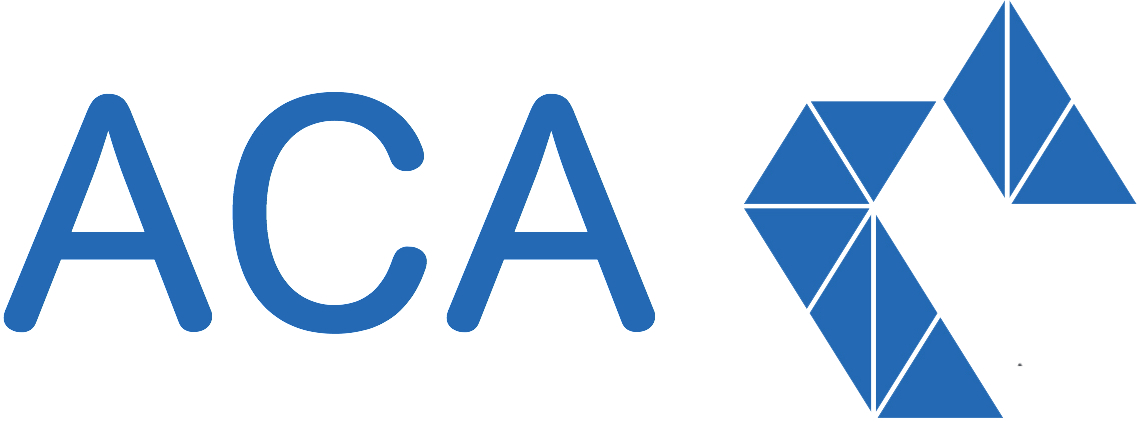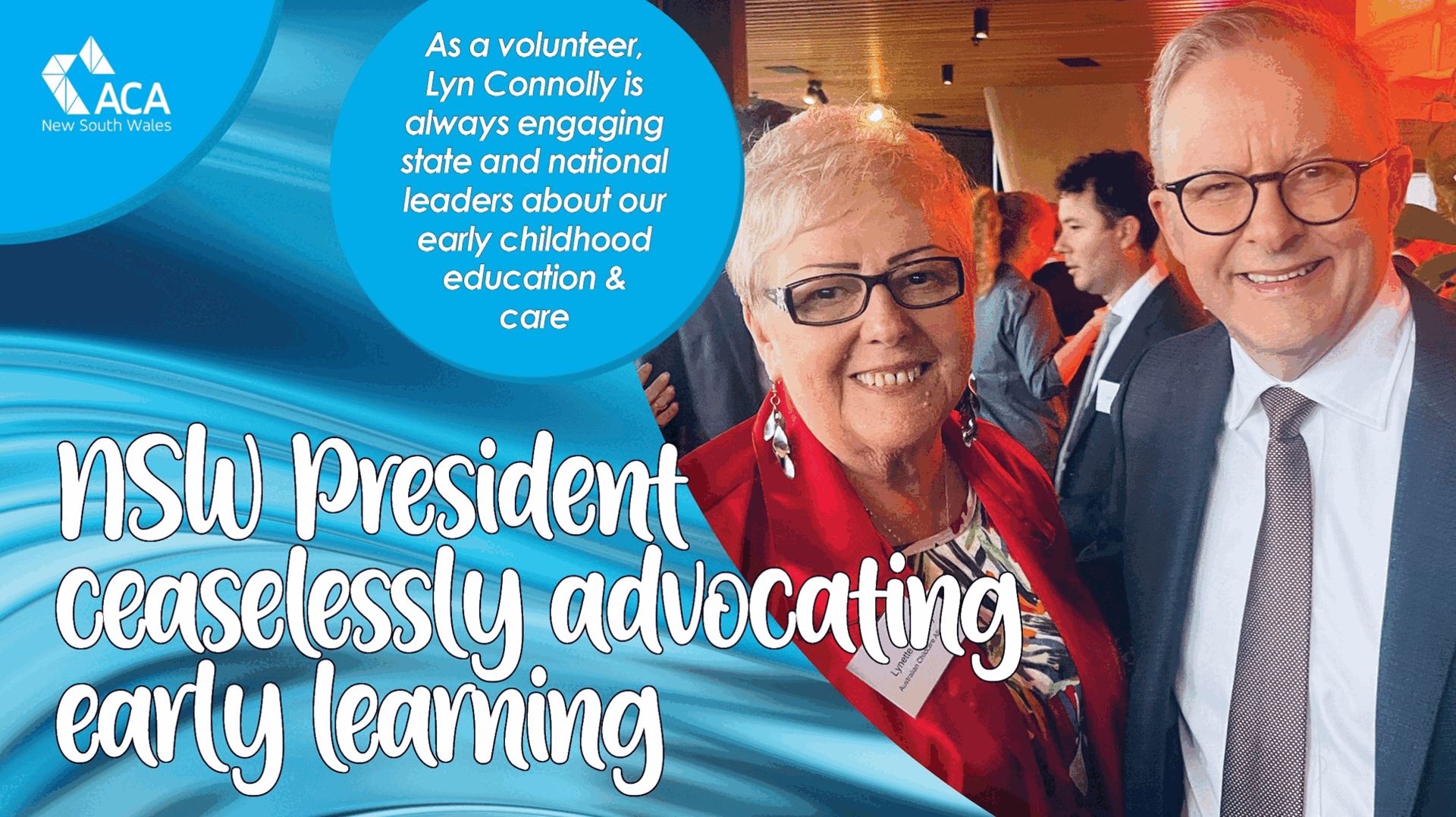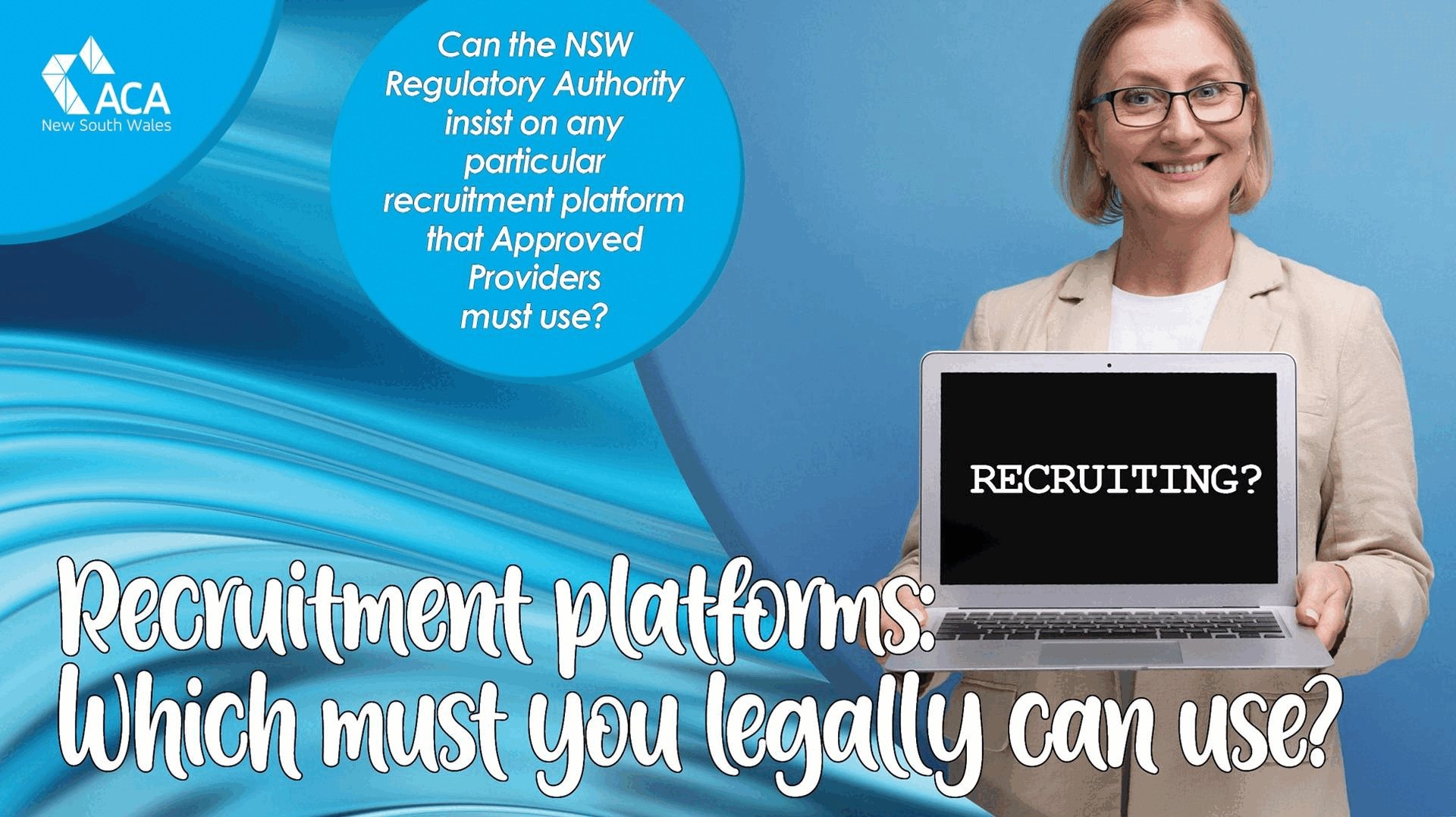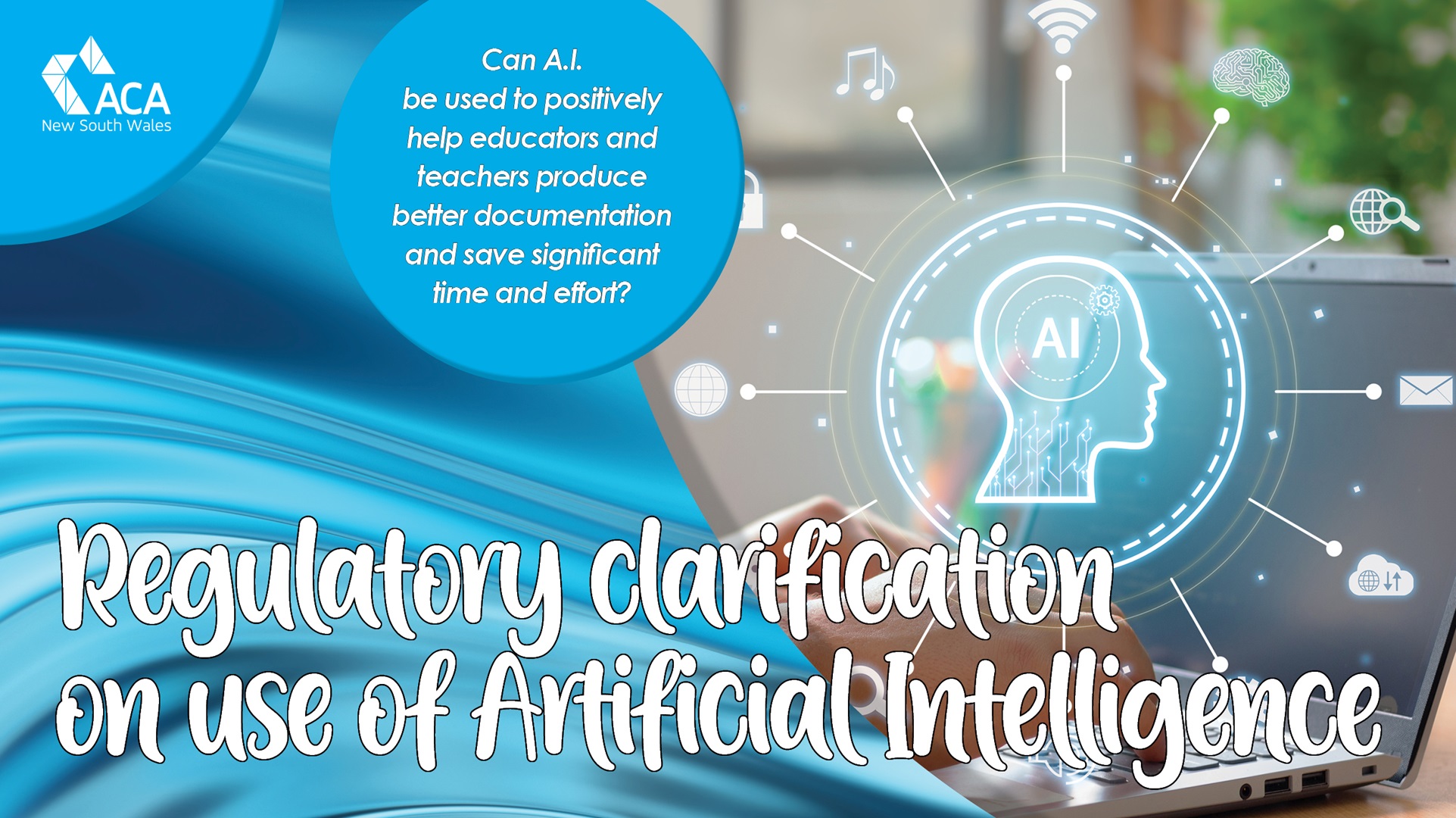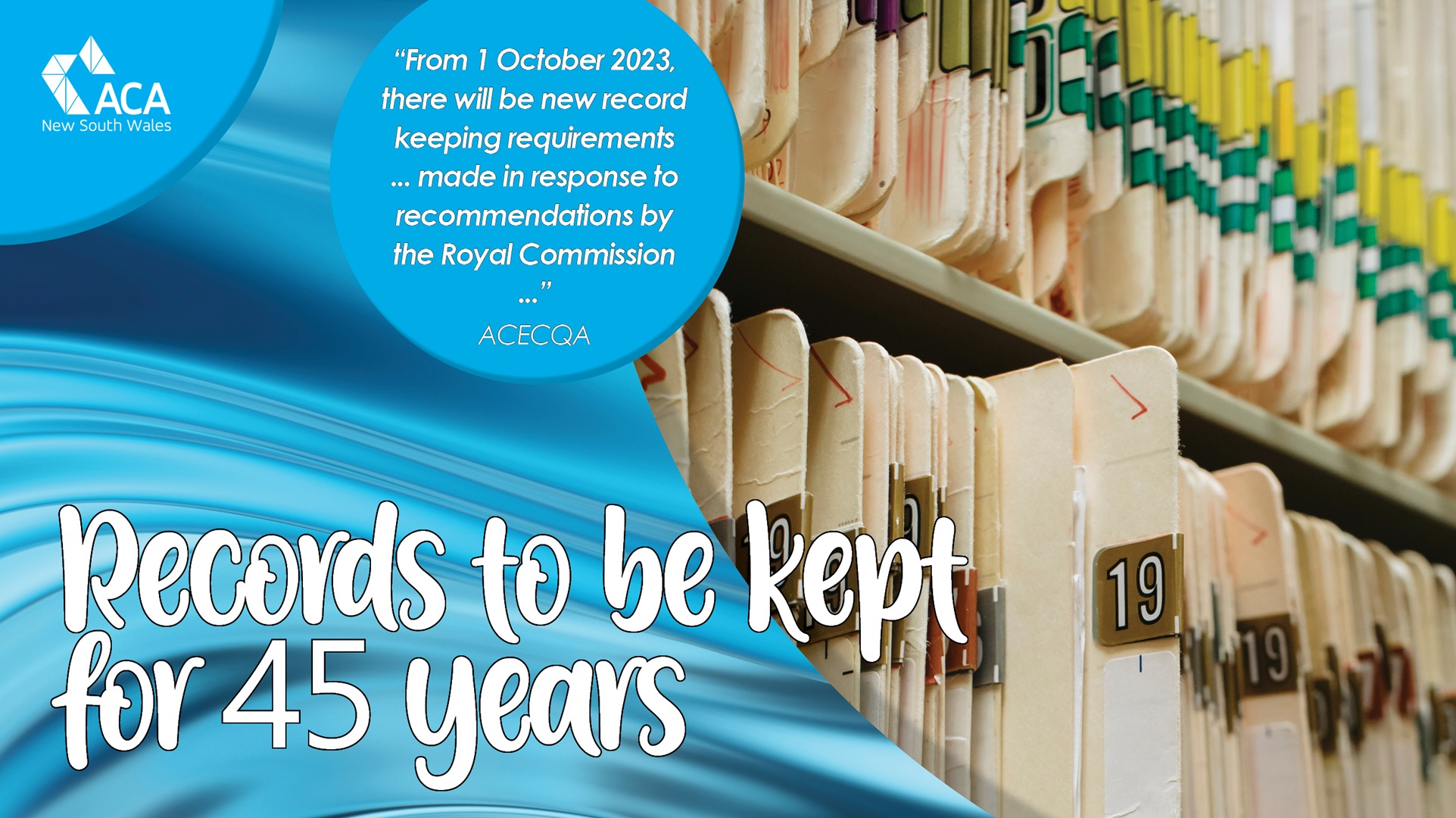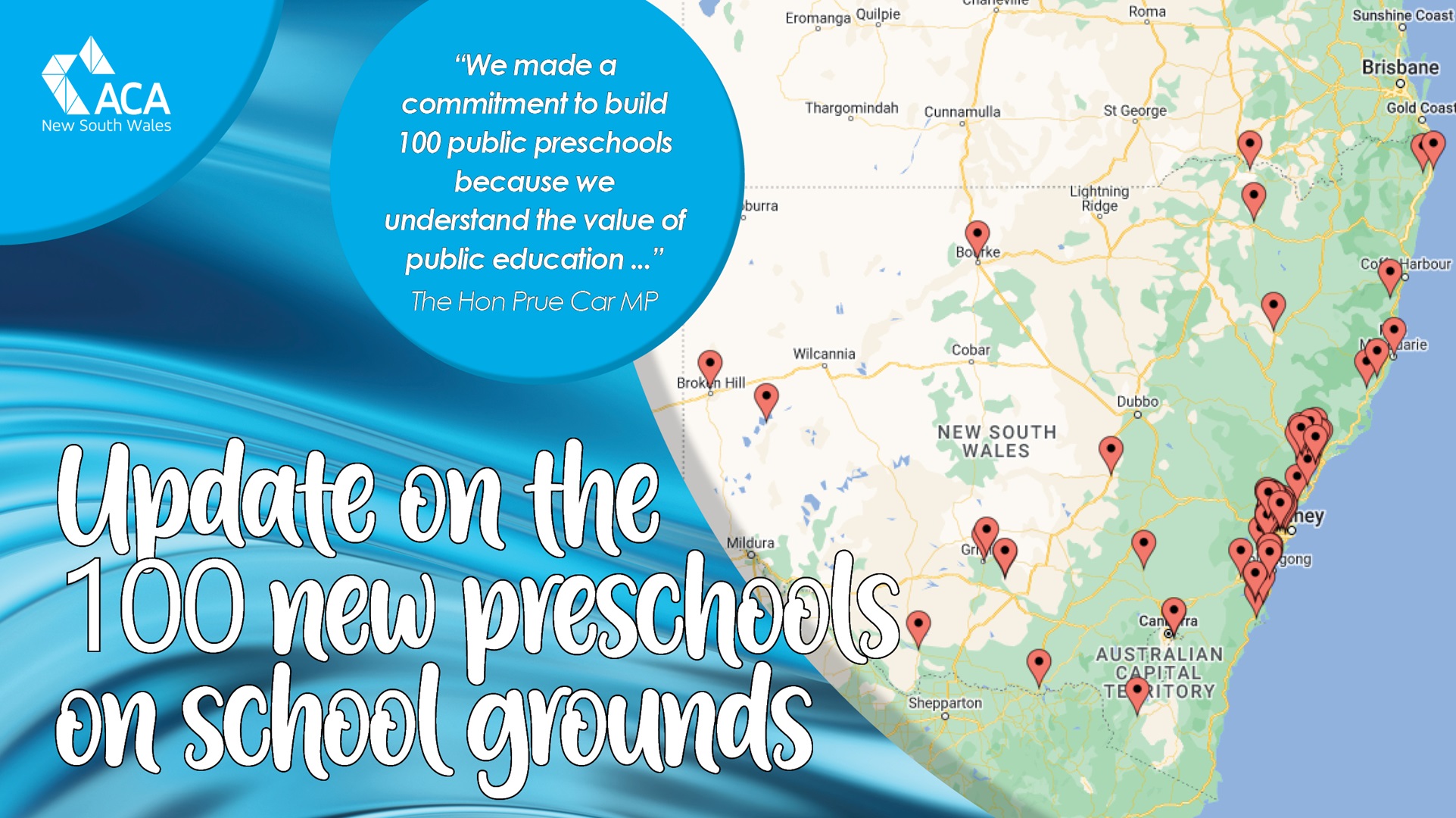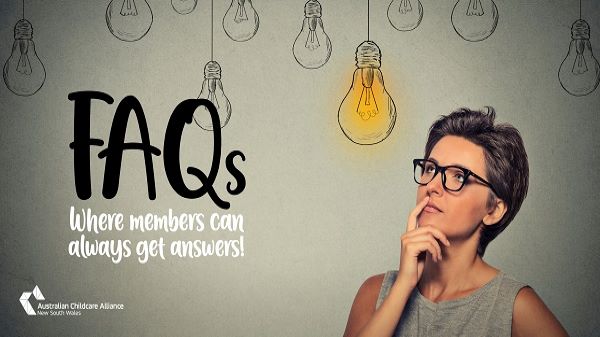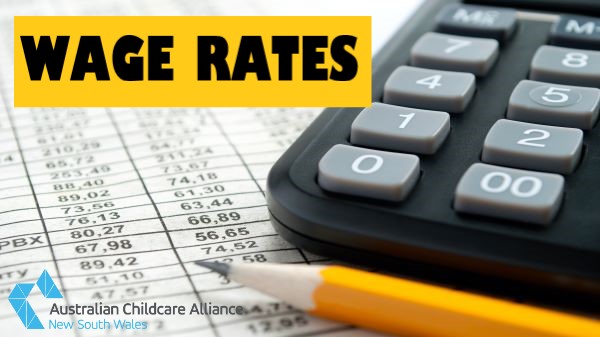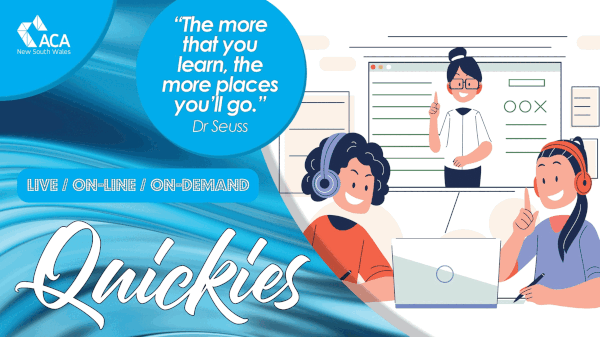The declaration of the Omicron variant (ie B.1.1.529) on 26 November 2021 has understandably caused all governments around the world to review their existing COVID responses as to their potential success in dealing with the latest mutation of COVID.
It is worthwhile remembering that all viruses mutate -- and COVID is no different. And notwithstanding its apparent higher transmissibility, what Australian governments are currently considering are:
- how will the Omicron variant impact on fully, partially and non-COVID vaccinated individuals; and
- whether the Omicron variant is as or more deadly than previous variants.
NSW already has one of the highest COVID vaccination rates in the world (currently at 92.5% double dose and 94.6% single dose for those 16 years and older). And such incredibly high vaccination rates appear to be proving successful in terms of the low numbers of COVID cases, hospital admissions and deaths.
Although it may be too early to fully undersand this new COVID variant, the following MAY be likely to occur notwithstanding the easing of restrictions post 95% fully vaccinated or 15 December 2021 (whichever occurs first):
- stay-at-home lockdowns for areas/regions within NSW will NOT return as long as the effectiveness of the COVID vaccinations continue;
- hotel quarantine will continue to be imposed for individuals travelling from declared overseas hotspots;
- Polymerase Chain Reaction (PCR) testing (aka COVID testing) will still be required but is likely be complemented with daily approved Rapid Antigen Home Testing (RAHT) for a set number of days; and
- self-isolation will occur for a set number of day(s) when PCR or RAHT tests produce a positive result for COVID.
And given this new variant, there may also be an extending of the requirements of the existing NSW Public Health Orders for the wearing of face masks and mandatory vaccinations for the early childhood education and care sector out of the NSW Government's and the public's concerns that children aged 0-5 years old currently have no access to COVID vaccines.
That said, the Australian Childcare Alliance NSW continues its regular engagements with the NSW Government with the twin objectives of minimising the public health risks from COVID as well as restoring the lives of children, educators and services to as normal as possible.
The ACA National Committee is also continuing its regular engagements with the Federal Government to ensure that appropriate financial and non-financial assistance continues.
ACA NSW members are welcome to contact the ACA NSW team on 1300 556 330 or nsw@childcarealliance.org.au for any further information/clarification.
PUBLISHED: 1 DECEMBER 2021
